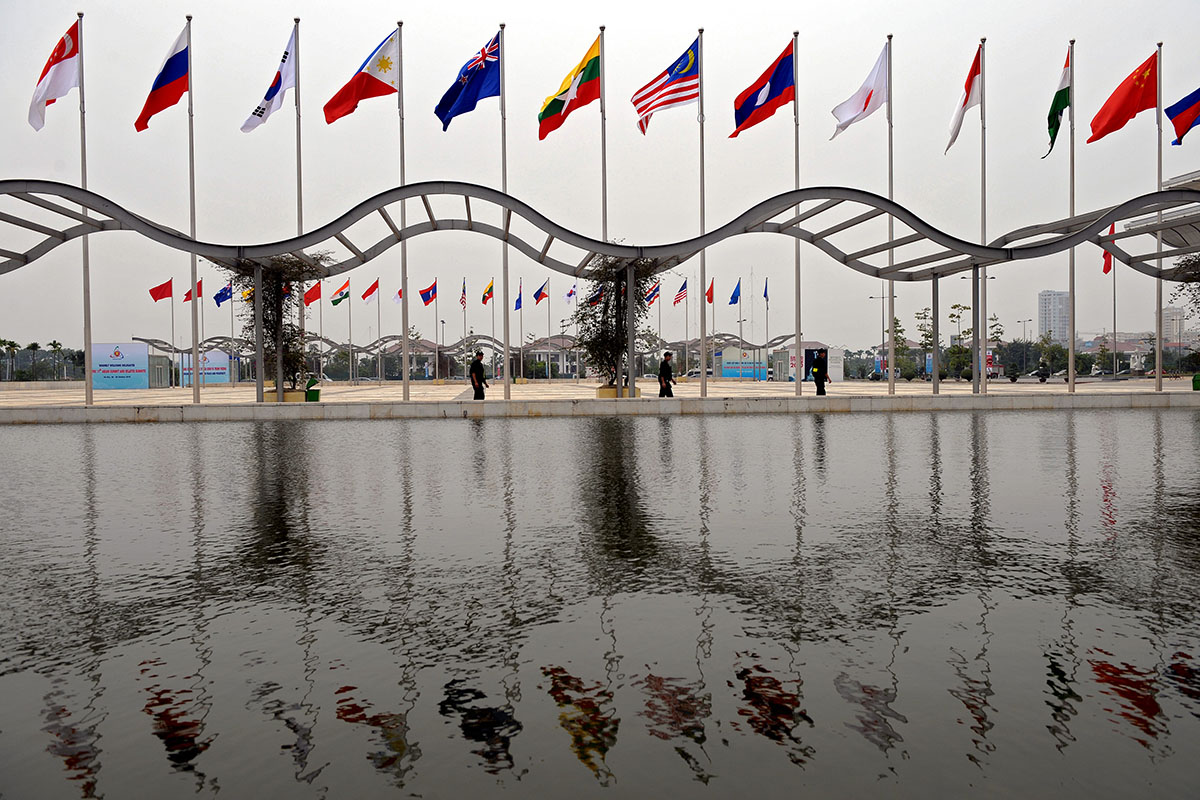ASEAN (Association of Southeast Asian Nations) is facing unpredictable times ahead. However, the organisation has proven that the association is capable of defying the odds due to its strength and resilience, which contributed amply to lasting peace in the Southeast Asian region.
Secretary General of ASEAN, Le Luong Minh, addressed a crowd of approximately 260 journalists, diplomats and members of the corporate sector at the Raffles City Convention Centre in Singapore during his keynote address at the ASEAN Roundtable 2017.
“An ASEAN that is cohesive and capable of maintaining its centrality would contribute meaningfully to peace and stability of Southeast Asia and beyond,” he said to the enthusiastic applause from all present.
The one-day conference organised by the ISEAS-Yusuf Ishak Institute featured a highly eminent list of seasoned ASEAN policy-makers and thought leaders who shared their opinions and reflections on ASEAN’s ups and downs over its five decades of existence.
Commenting on the event’s theme, “ASEAN at 50: Charting the Future Together”, Head of ASEAN Studies Centre, Tang Siew Mun said, “ASEAN at 50, cannot dodge the question of its institutional maturity. The economic plane of its community seems to be in full flight – though with its share of challenges, but the political-security community would most likely remain a long-cherished aspiration.”
Participants were treated to an intellectual exchange of views on various topics concerning the association including its achievements, economic potential, centrality and future endeavours.
During one session on “Rethinking ASEAN”, former Philippine foreign affairs secretary, Delia Albert told members of the floor that after 50 years, there needs to be some change to keep ASEAN going. One of her suggestions was to empower the ASEAN Secretary General which is widely misunderstood for having a lot of power with regards to the association’s conduct.
“The Secretary General must be authorised to speak on behalf of ASEAN and monitor any non-compliance by member states. It is a bold step forward we must take,” she remarked ebulliently.
The conflict in the Rakhine State, Myanmar was also hotly discussed. Michael Vatikiotis, Regional Director of the Asia Centre reiterated his opinion that the main obstacle to a solution is ASEAN’s principle of non-interference.
“ASEAN must make an exception to this principle with regards to the situation developing in Myanmar,” he said.
Speaking on the future of the association, former Malaysian foreign minister, Syed Hamid Albar, fondly reflected on his tenure as foreign minister – working with other ASEAN foreign ministers. He reminded everyone present that ASEAN is different from other regional organisations, even professing its own version of democracy.
“ASEAN’s brand of democracy is not based on notions of rights and freedoms. Ours is based on development,” he said in reference to liberal development policies enacted by ASEAN member states.
The annual roundtable is supported by the KAS (Konrad Adenauer Stiftung) which has given immense support to the ISEAS-Yusuf Ishak Institute. It is the 32nd edition of the ASEAN roundtable organised by the Singaporean think tank.
